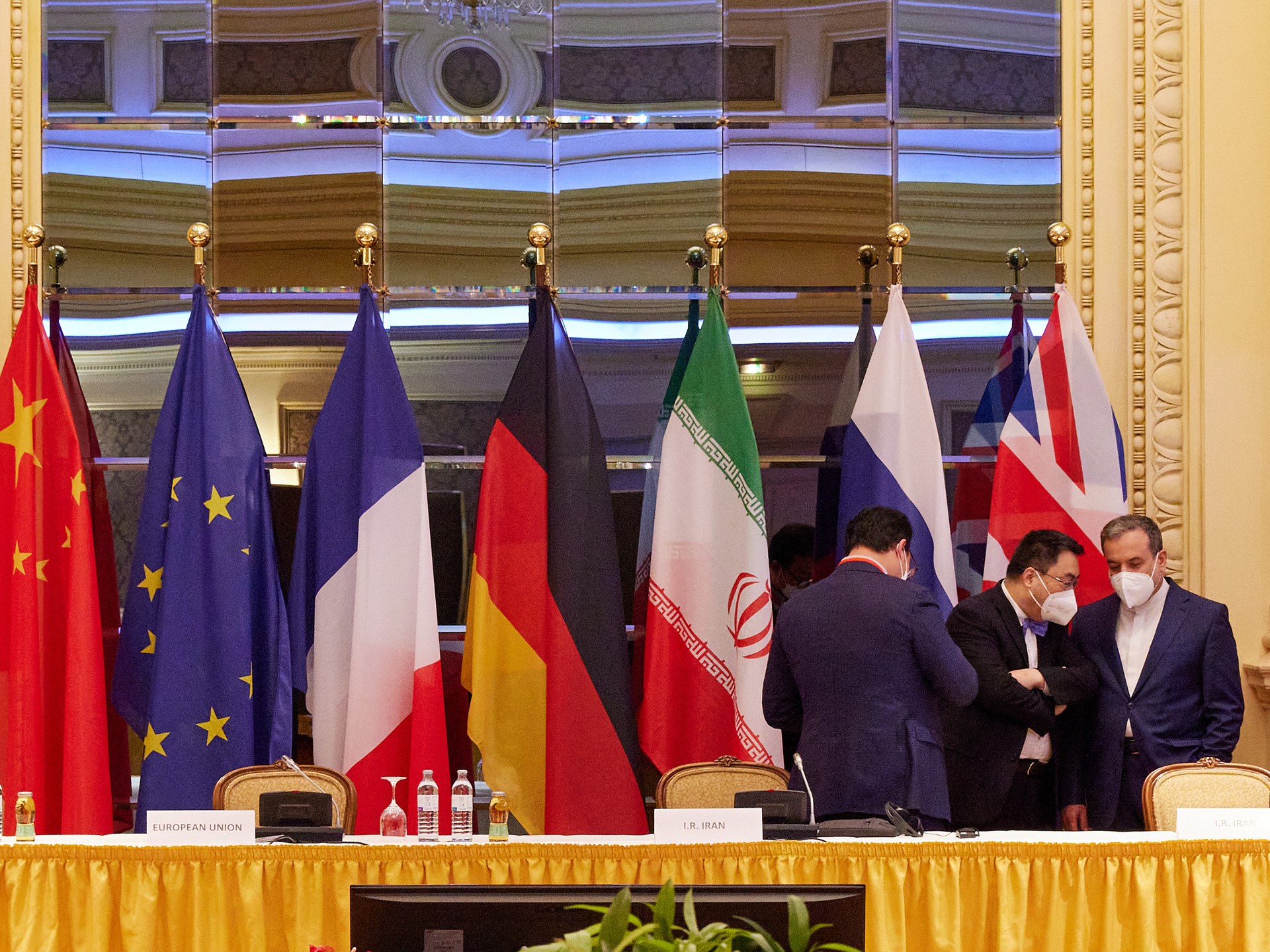A U.S. official denied to Reuters that his country is currently holding talks with Iran on reaching an interim agreement related to its nuclear program, and the Iranian Foreign Ministry also denied on Monday the existence of any negotiations to conclude an interim agreement between it and the six world powers.
The US official, who asked not to be named, said that what happened was that Washington explained to the Iranian side the escalatory steps that must be avoided so as not to cause a crisis, as well as the de-escalation steps that Iran can take to find a more positive context.
He noted that Washington would like to see more Iranian cooperation with the IAEA.
The same official did not deny media reports of recent U.S.-Iranian contacts, but said speculation that it was focused on an interim nuclear deal was inaccurate.
Omani Mediation
Iranian Foreign Ministry spokesman Nasser Kanani said on Monday that his country is continuing its indirect talks with the United States mediated by the Sultanate of Oman, adding that the exchange of messages between Tehran and Washington continues.
Diplomatic relations between Tehran and Washington have been severed since 1980 following the outbreak of the revolution in Iran.
Kanani added that the news circulating about the existence of an interim agreement or any arrangements between Tehran and Washington is not true, and that Tehran is communicating with the counterparties on the basis of the agreement in 2015.
The Iranian spokesman said that the news circulating in the media about reaching an interim agreement or any other arrangements instead of the nuclear deal "is nothing but media speculation or attempts by parties to find a defect in the course of negotiations to achieve special political goals."
A few days ago, the British news website Middle East Eye quoted two unnamed sources as saying that Iran and the United States had "reached a formula for an interim agreement" to be forwarded to the leaders of the two countries.
Iran will commit to halting uranium enrichment to 60 percent purity or more, and will continue to cooperate with the U.N. nuclear watchdog in exchange for being allowed to export about a million barrels of oil a day and receive "its income and other funds frozen abroad."
U.S. and European officials have been looking for ways to curb Tehran's nuclear program since the collapse of indirect U.S.-Iran talks last year on reviving the 2015 nuclear deal between Iran and major powers (America, Russia, China, France, Britain and Germany).

